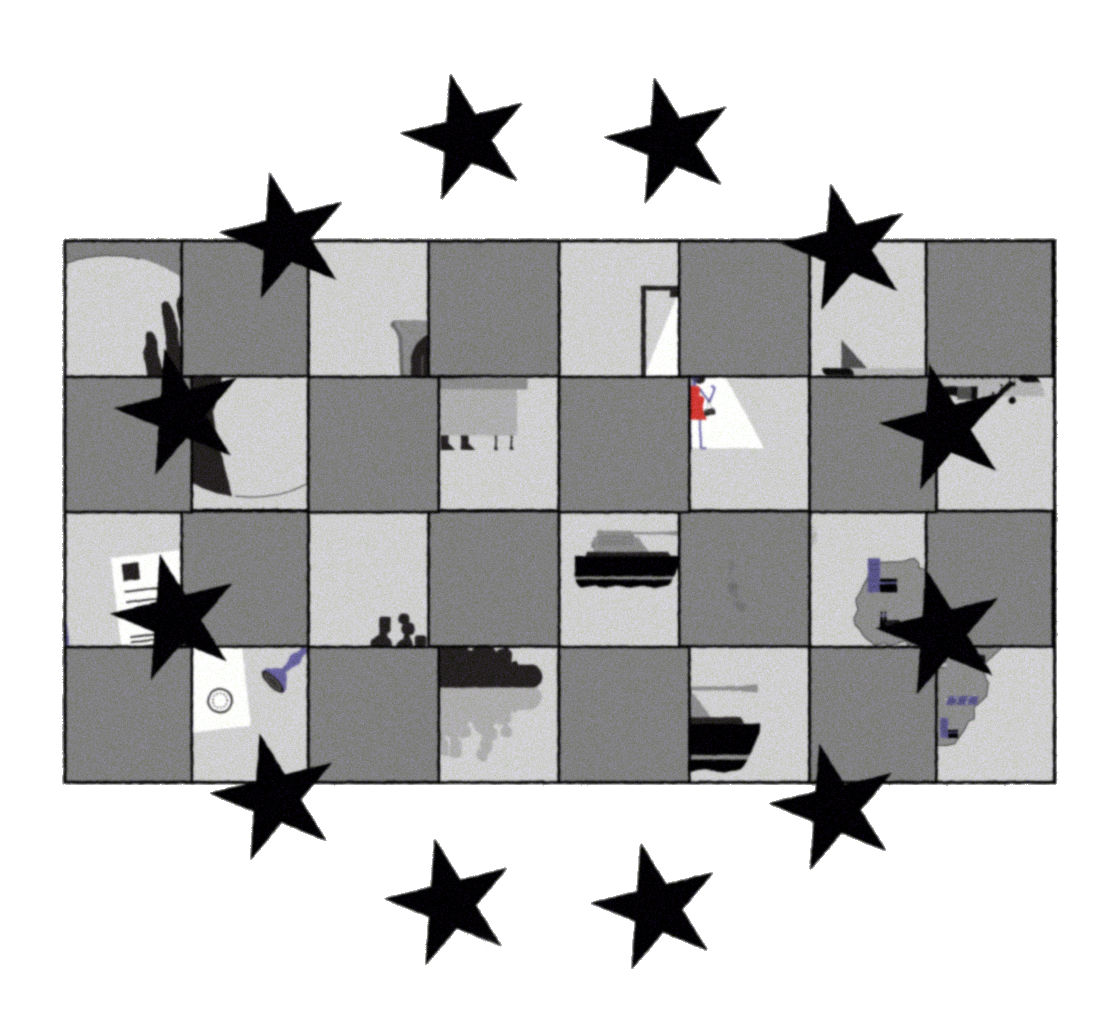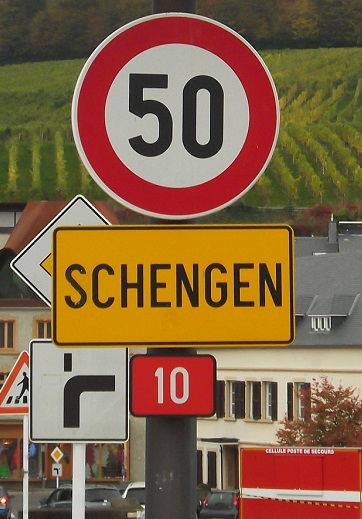Libya key to EU plan to build a “big wall” against migration, says new report
Topic
Country/Region
16 March 2021
Libya lies at the heart of a strategy for which funds from Italy, EU institutions and other member states have been channelled through an opaque financing mechanism with the central aim of reducing migration from Africa to Europe, says a new report by ActionAid.
Support our work: become a Friend of Statewatch from as little as £1/€1 per month.

Investment against migration
Placed outside the EU budget, and therefore not subject to scrutiny by the European Parliament, a total of €1.337 billion from the Emergency Trust Fund for Africa was spent across the continent over five years to tackle migration through “extraordinary interventions”.
The focus was on border management and the “root causes of migration” in Africa, broadly explained as “economic vulnerability” or “lack of stability”. Described by ActionAid as the bricks used to build a “big wall” between Europe and Africa, these interventions ranged from development investments to border guard training in over 20 African countries and the Italian-led “reconstruction” of the Libyan Coast Guard.
Among the 24 beneficiary African States of the Emergency Trust Fund from 2015 to the end of 2020, Sudan (€442 million) ranks first, followed by Ethiopia (€336 million), Somalia (€312 million), Libya (€309 million), and Niger (€279 million).
The Trust Fund – which has the full title of ‘Emergency Trust Fund for stability and addressing root causes of irregular migration and displaced persons in Africa’ – was set up in November 2015 after the Valletta Summit, where the EU, its member states and African states agreed on a number of ways to slow or halt migration to Europe.
According to a 2017 investigation by Oxfam, "most projects are designed to restrict and discourage irregular migration through migration containment and control," while "a meagre 3% of the budget is allocated to developing safe and regular routes."
The Italian job
317 lines of funding managed by Italy were identified in the ActionAid report. Eight different items of expenditure were also identified, where border control (€666.3 million) was prioritised, followed by ‘root causes’ (€195 million), anti-trafficking (€142.5 million), governance (€146 million), protection (€92 million), returns (€64 million), regular pathways (€15 million), and awareness raising (€14.7 million).
Much of this investment derives from the Italian state, which, according to ActionAid, has become “the spokesperson in Europe” on the matter. In Libya, 100% of the funds, €210 million of which is provided by Italy, goes to “migration management projects” – the highest figure for all countries that have received money via the Trust Fund.
Libyan connection
Italy poured the Fund’s investment into the Libyan interceptions of boats, the European surveillance of the Mediterranean (equipped with drones, planes and patrol boats), repatriation and camp-containment strategies, as the report shows. This agenda was first outlined in Italy’s 2017 Memorandum of Understanding (MoU) with Libya and, even though criticised for funding and legitimising Libyan militias, has since been renewed without amendment.
As abuse and the threat of slavery in Libya have only increased, migrants attempting to reach Europe have been pushed to the edges of the Sahara, which they now call the “new European frontier”, the report says.
“Dishonest or ineffective”
Further, ActionAid explains how the focus on local development is either “dishonest or ineffective”.
In the case of Niger there were few transparency mechanisms, and 120 million euros have since disappeared. The EU and Italian cooperation further bolstered authoritarian tendencies through anti-trafficking laws in a country where local activists suffer prison sentences for encouraging public demonstrations.
Investments in Egypt, where Italian researcher Giulio Regeni’s murder was very obviously covered-up by Egyptian security forces, has expanded the latter’s finger-print recording and training resources.
ActionAid calls for an end to “the process of ‘externalisation’ of migration policies”, which continues to be proliferated by ever-more projects, strategies, meetings, committees, funds and documents, and where “the same lack of transparency” presides.
This makes reconstructing these loans a long process, “when it’s not impossible,”, restricting NGOs from holding the EU and its member states to account for perpetuating human rights abuses and deaths in the Mediterranean and Africa.
Despite long-standing critique of the opacity of the Emergency Trust Fund – a result of it being a mixture of EU and national funds that are not subject to the EU’s budgetary rules – a recent EU document published by Statewatch indicates that there are plans for further such schemes.
The paper, on the “external dimension” of the EU’s migration and asylum policy, refers to “Team Europe funding initiatives,” which “would usefully pool resources from the EU and Member States to achieve common objectives.
See the report: The Big Wall (ActionAid, available in EN and IT) and: Methodology (EN)
Image: ActionAid
Our work is only possible with your support.
Become a Friend of Statewatch from as little as £1/€1 per month.
Previous article
EU: More powers for Europol: what does your government think?
Next article
Spotted an error? If you've spotted a problem with this page, just click once to let us know.

